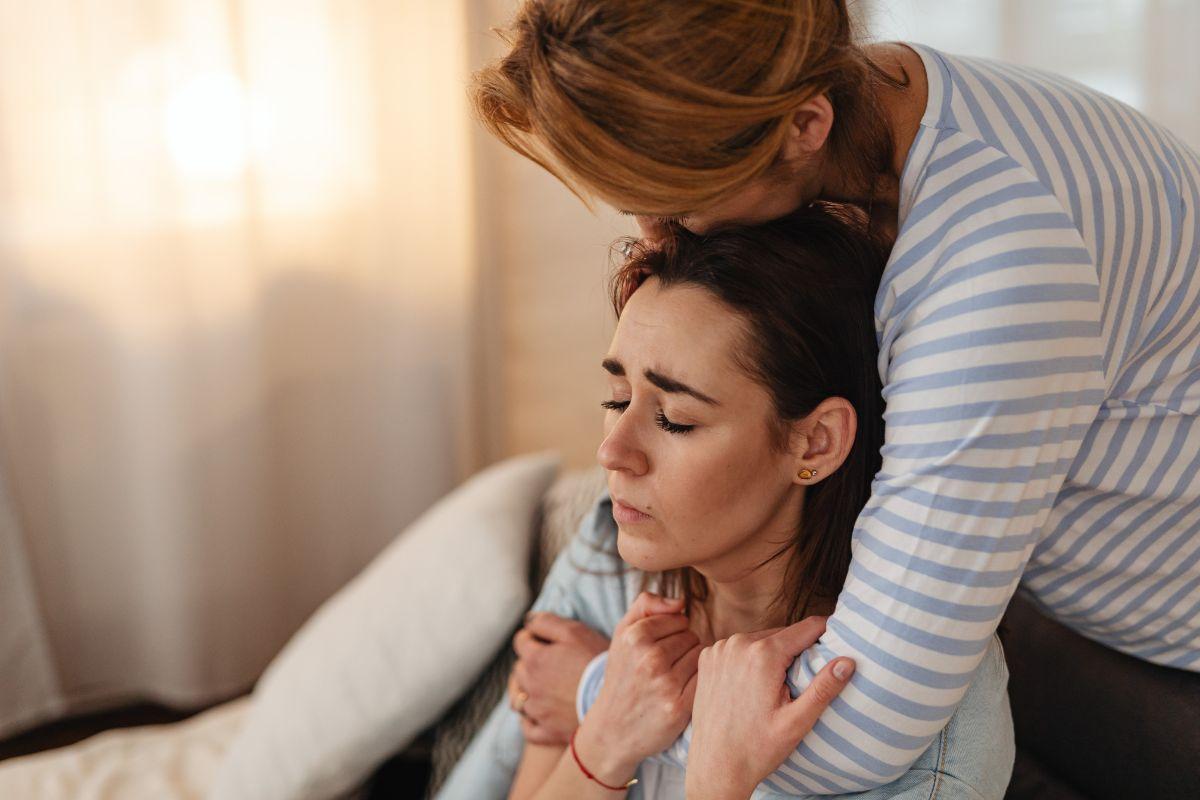Written by Dr Sajjad Rajpar for Doctify
It’s summer, the time to get out and get a little vitamin D is here. But the sun can have its dangers and knowing how to spot skin cancer in its early stages could be a literal lifesaver.
Doctify Dermatologist Dr Sajjad Rajpar has shared with us exactly what moles are, when to get them checked and what a check up involves. Read on to find out more.
So, what are moles?
Moles are brown coloured blemishes of the skin. Moles can be flat or raised, and are sometimes skin coloured or pink. Most of us have at least half a dozen, though some can have many more. Under the microscope, moles are formed by a collection of cells called melanocytes. Melanocytes are the cells that give pigment and colour to the skin and hair.
How do I know when to get them checked?
There are two instances in which moles should be checked by a Dermatologist:
- If a mole is changing.
- If you feel a mole is growing or changing, especially if it appears to be getting darker or developing multiple shades within it, then the mole should be evaluated by an expert. This is even more important if the change has occurred over just a few weeks or months. Harmless moles can change as well, but this is very gradually and usually does not lead to a dramatic change in the features of a mole.
- If a particular mole is an ‘odd one out’.
- If a mole stands out from the rest and just doesn’t look right, then it should be evaluated especially if its itchy or if it bleeds.
Are there any self checks I can do at home?
Yes, it’s a very good idea to check your skin every other month in front of a mirror and with the help of a partner or friend for areas you can’t see easily. In fact, research shows that women are nine times more likely than men to notice melanoma on others. It can be helpful to take photos at the outset, so that it’s easier to tell which moles are changing or stand out.
What are the warning signs of melanoma?
Often the earliest sign of a melanoma is a mole that is becoming darker and growing outwards. As it does this, it may develop several different shades of brown, black, grey or red within it. The spot no longer fits in with the other moles, and has jaggedy edges and loses its symmetry so that one half does not resemble the other half.

What does a full skin check involve?
Dermatologists are the medical experts to see for checking moles over. Dermatologists can identify which moles are problematic or could become problematic. A full skin check involves a head to toe examination of all the moles and any other skin lesions. A dermatologist will evaluate the lesions based on their appearance and also use a special visualisation device known as a dermatoscope which allows structures under the skin to be seen. A full skin check is recommended every year for those who have a large number of moles, a family history of skin cancer, or a history of a lot of sun exposure.
What is involved in mole removal?
Moles which appear to be problematic or could become problematic can be removed by a Dermatologist. The procedure is reasonably straight forward and involves a small anaesthetic injection. The mole can be either shaved off or cut out, and is sent for assessment under the microscope. A small scar will result which will fade over time.
What are the best preventative measures for preventing cancerous moles?
It’s very simple – ‘Don’t tan, don’t burn’. A tan or a sunburn are both signs of damage to the DNA of the skin cells, which can lead to skin cancer. Here are some tips for avoiding this:
- Wear protective clothing including a hat
- Apply high factor sunblock to the exposed areas every three hours
- Avoid the peak sun hours usually 11am to 3pm




